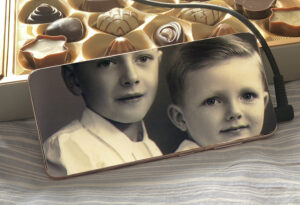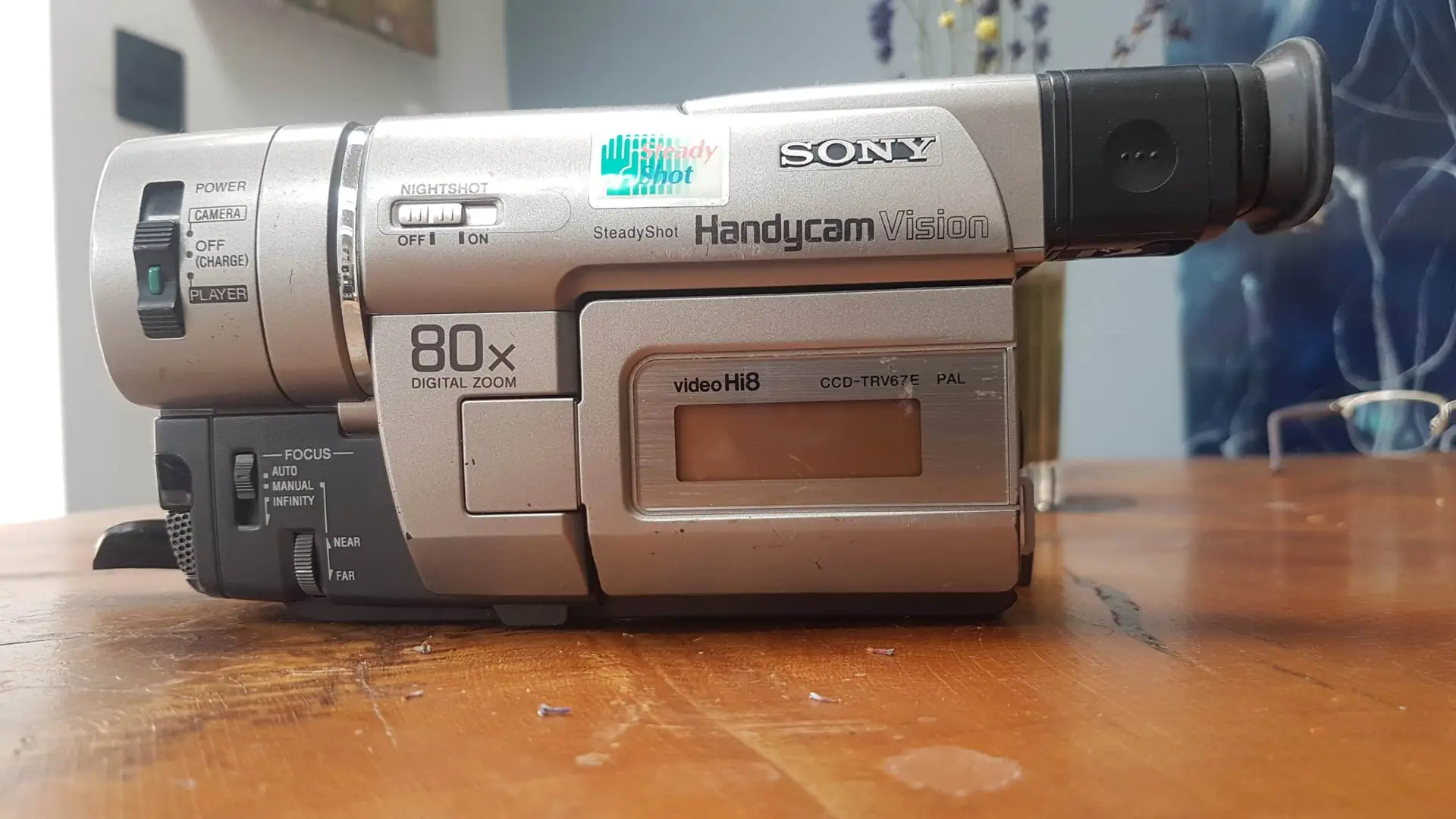


In the 20th century, innovative inventions, the video camera and the video camcorder (with the latter being the latest of the two), were specialized tools for capturing motion pictures through electronic means, much like a photo camera. These devices are now commonplace and can be found in nearly every household.
People primarily use these modern electronic devices for various purposes, including films, TV shows (such as TV series, news, and other made-for-TV content), and communication technologies (like video calling, video conferencing, real-time video capture, and more).
Of course, most people are also familiar with using their video camera or video camcorder to capture precious holiday memories.
It’s fair to say that almost everyone who has encountered this high-tech video capturing equipment are familiar with them one way or another. These are now common household tools and anyone can get them for often less than £60.
The video camera and the camcorder may have similar appearance, but they do have basic differences, especially on how they work.
The ability to capture video on cameras and camcorders has advanced a lot in recent times. Today digital cameras and camcorders can capture amazing shots and videos in high resolution that enables people to see the tiniest details.
With advancements in technology continuously progressing in leaps and bounds, it has significantly improved the quality of pictures and videos taken using camcorders and cameras.
It not only helped the film industry to make movies with great cinematography but also deliver great movies that we love and enjoy today.
If you go back 3 decades earlier, you will find filmmakers struggle to capture videos and images that the average person takes for granted today, despite their rich experience in the field.
Ironically, these advancements also came with new problems. Problems like the paparazzi and people who use drones to take photos and videos of the surrounding area, which may inadvertently invade other people’s privacy. Or hacking people’s laptop or smartphone’s camera to once again invade their privacy.
Whether you’re planning to be the next Scorsese or the next YouTube sensation, you will learn about the basic similarities between camcorders and video cameras, the pros and cons, the difference between video cameras and camcorders, and finally which one to choose for your filming requirements.
First of all, their lenses differ in their zooming capabilities, because video camcorder lenses can zoom in further than a normal digital camera/video camera does. This unique design feature in camcorders gives it the advantage to magnify objects it is shooting in greater detail.
And while you may decide to purchase additional zooming lenses for your video camera; however, the video camcorderalways has an edge when it comes to its lens than the standard digital/video camera.
Manufacturers specially make camcorders as dedicated recording devices. They also have built-in high sensitivity microphone that allows it to capture videos and sounds in real time. Obviously, the built-in microphones in camcorders are have higher quality compared to those found in video cameras. But if you’re aiming for really good audio quality, then you may have to purchase a separate audio recording device called directed film microphone, which you guessed it! Is good for shotgun filmmaking.
With advancements in electronics technology, the circuit boards got smaller and so both camcorders and video cameras also shrunk down to size and had shed off their bulky and heavy frame. Camcorders have yet another advantage here over the video camera. Manufacturers design them specifically for shooting videos over extended periods of time and equip them with an image stabilization device.
Plus, the LCD screens on camcorders have the ability to rotate 360 degrees, giving the user multiple viewing angels that can add dramatic effects on their filming work.
When you shoot videos on video cameras, they record video on a flash drive or memory cards. These can range from 2GB to 1TB and can store between 10 minutes of video or up to several hours of video recording depending on the storage capacity of the memory card you’ll use. Video Camcorders also have the capability to record to memory cards.
Manufacturers often build them with their own internal hard drives for storing video, and these hard drives typically have larger storage capacity than memory cards.
People rarely sell DSLRs and mirrorless cameras at a cheap price. Used ones listed on eBay still carry a hefty price tag. You’ll need to budget at least £500 for a decent video camera, but most video camcorder come with a lower price of around £300 or less.
Camcorders are not ideal to use for shooting in low light conditions, due to their fixed zoom lenses and small sensors. By comparison, video cameras have larger lenses and sensors that allows the user to capture more light even in conditions where there is very little light.
The larger sensors in video cameras help you capture videos with more cinematic look to them because they have a shallower depth of field, while also giving you the ability to do stationary focus on various objects including foreground and background that you want to shoot.
The type of camera that you will pick will all depend on what you plan on shooting and how to shoot the things you want for your filmmaking endeavours.
If you’re aiming for that cinematic look for your YouTube channel documentary or a serious school project, then you’ll need a video camera for this type of filming project.
Moreover, a video camera like the DSLR will also allow you to take photos and stills that you cannot do with a video camcorder.
On the other hand, if you want to save on doing a film project that may not necessarily require high quality shots, then a camcorder will suit you best.
And if you also happen to have some video recordings or magnetic tapes from your parents or grandparents old video camera or video camcorder, you can send it to Supaphoto and we will digitise them for you.
Give it as a birthday gift to your mum, dad, granddaddy or grandma to show how much you appreciate their efforts porting that big heavy video camcorder around to not only record family memories, but a little bit of your own history as well.